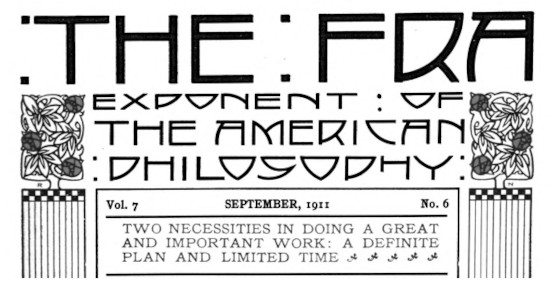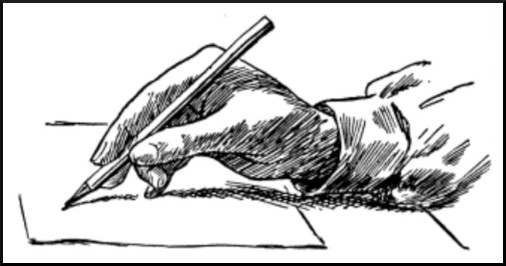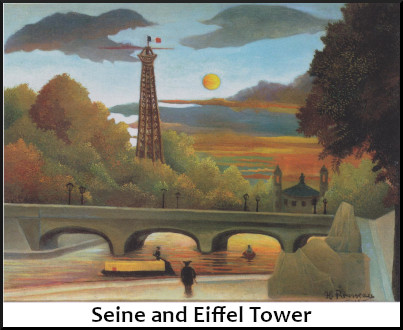Charles M. Schwab? Reed Smoot? Pope John XXIII? Fliegende Blätter? Edgar Wallace? Anonymous?

Question for Quote Investigator: A visitor to a large business watched as numerous workers moved purposefully along the hallways into offices. The visitor approached the leader of the company and asked:
“This is such a busy place! How many people work here?”
The leader pondered the question carefully and replied:
“I would guess about forty percent.”
I have heard many versions of this joke. In one instance, the location was Vatican City, and the punchline was spoken by the Pope. Would you please explore this topic?
Reply from Quote Investigator: This anecdote is part of a large evolving family of tales. The ratio of workers to non-workers varies. The earliest evidence known to QI appeared in the popular German humor magazine “Fliegende Blätter” in 1907. Boldface added to excerpts by QI:1
Mißverstanden
„Wieviel Leute sind denn bei Euch im Bureau tätig?“ —
„Tätig? Na — zwei Drittel!“
The issue containing the joke was undated, but it was the eighth weekly issue of 1907, so it probably appeared around late February.
The first instance in English located by QI appeared in the New York magazine “Transatlantic Tales” within a filler item titled “Misunderstood”. The German source was acknowledged. Boldface added to excerpts by QI:2
Misunderstood
“How many people work in your office?”
“Work? Perhaps two-thirds of them.”
—Translated for Transatlantic Tales from “Fliegende Blätter.”
The cover date of “Transatlantic Tales” was November 1907, but the issue was available before the cover date. A newspaper in Harrisburg, Pennsylvania published a matching joke on October 19, 1907 while acknowledging “Transatlantic Tales” and noting that the original source was “Fliegende Blaetter”.3 The word “Blaetter” was an alternative spelling of “Blätter”.
Below are additional selected citations in chronological order.
Continue reading “Dialogue Origin: “How Many People Work Here?” “About Half of Them””





